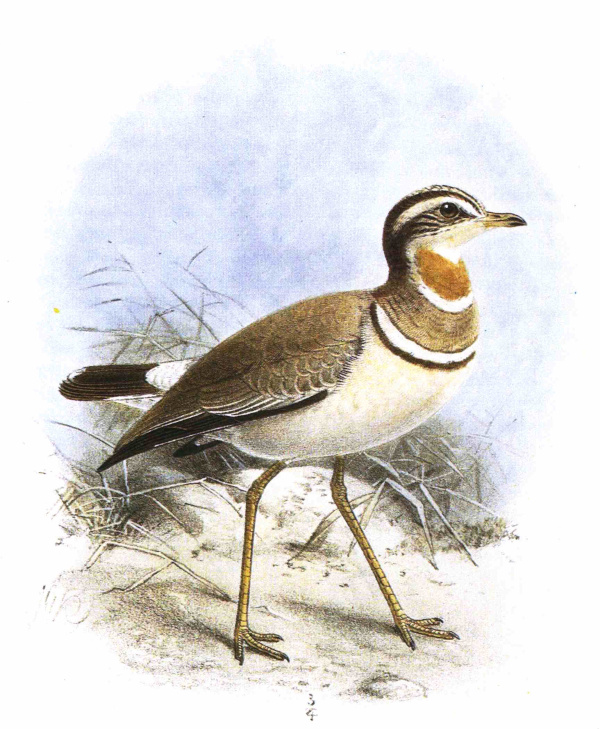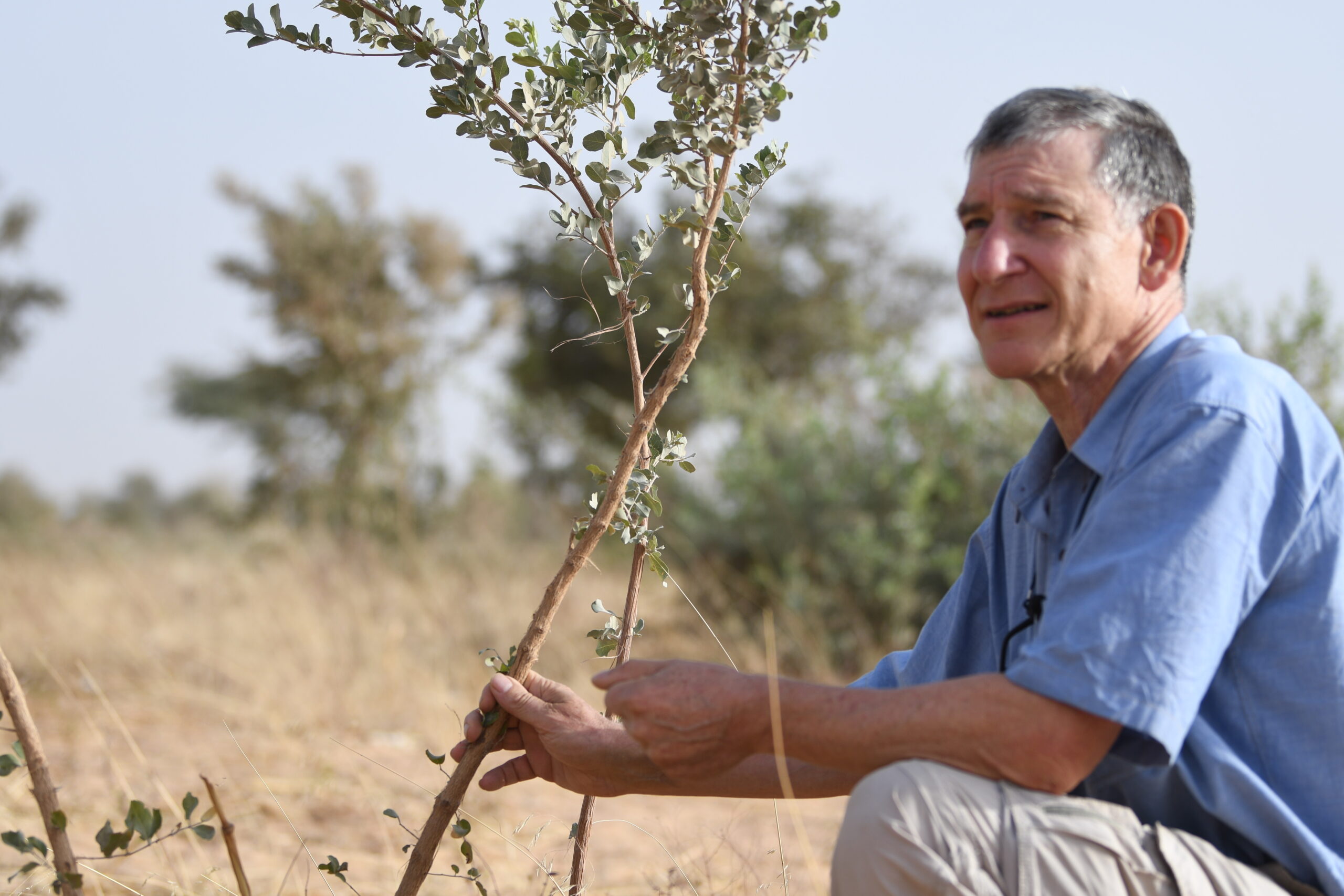The choices we make: biodiversity and food security
This month saw the A Rocha family gather for our Forum Festival, an opportunity for those involved in A Rocha across the world to meet and share together, albeit virtually. As part of a session within this week I asked a poll question which split the audience nearly down the middle: 42% to 58%.
In the question I asked of the A Rocha family, I had given the example of the critically endangered Jerdon’s Courser — a nocturnal bird species first described in 1848, thought to be extinct until rediscovered in 1986, and found only in a small region of scrub jungle in Andhra Pradesh, India. The main threat has been the destruction and fragmentation of the habitat by agriculture and irrigation canals needed to prevent drought in rice paddy fields.
The problem is, these irrigation canals are crucial. This is a region where heavy debt and droughts have driven farmers to mass suicides.
And so it was that I asked: In this instance of the Jerdon’s Courser, what should we prioritize? Saving this endangered species? Or prioritizing human lives? It isn’t unusual in conservation to face difficult choices and it isn’t always possible to find win-win solutions.

Jerdon’s Courser Rhinoptilus bitorquatus. Painting by J G Keulemans
In this particular situation, an alternative route for the irrigation canal was advocated for and implemented. But this was a process which took nearly a decade. Often in these scenarios, the time and resources required to find win-win solutions are scarce or simply unavailable, and decision makers find themselves with a stark binary choice — they can’t simply abstain from answering (as some people chose to when I put the question to that vote!).
While this may be an example of an extreme case scenario, there are constant choices to be made to find this balance between biodiversity conservation and meeting global food security needs. For instance, do we ban specific chemicals that only affect certain groups of beneficial biodiversity (think neonicotinoids and pollinators), or do we go for a complete ban on all synthetic pesticides such as the recently proposed referendum in Switzerland?
The result of this referendum was an overwhelming NO to banning all pesticides. The reasons cited were that a blanket ban would mean lower farm production and higher food prices. This just reiterates the point that sustainably producing food in a manner that benefits biodiversity, often comes at a cost. Farmers who move away from traditionally intensive practices and opt for more ecologically friendly options may find that it takes several years to break even before they start seeing any profits. This may not be a viable option for smallholder livelihoods. To counteract any monetary losses sustained, certified biodiversity friendly farming could command a premium price at retail, but that would in turn make it unaffordable for many consumers.
So how do we answer these difficult questions? Can we find holistic solutions which consider the whole community and look ahead into the longer-term? Does conservation vie with our sense of equality and justice or does it motivate us to find win-win solutions, even if they require time and effort and resources that may not be readily available!
What are our reasons and passions for undertaking the work we do? What provides the drive to strive for solutions that protect biodiversity, whilst helping reduce poverty and hunger? Those of us who are Christians can look to scripture, where we are called both to love and seek justice for our human neighbours, and also to be good guardians of God’s creation – to serve and preserve our fellow creatures. We can turn to Noah for inspiration, remembering God provided room for all species on the ark, and seek win-win solutions wherever possible. Meanwhile, we can also empathize with the heartbreaking dilemmas faced by conservationists and local communities on the frontline of balancing biodiversity and food security.
We are happy for our blogs to be used by third parties on condition that the author is cited and A Rocha International, arocha.org, is credited as the original source. We would be grateful if you could let us know if you have used our material, by emailing [email protected].


